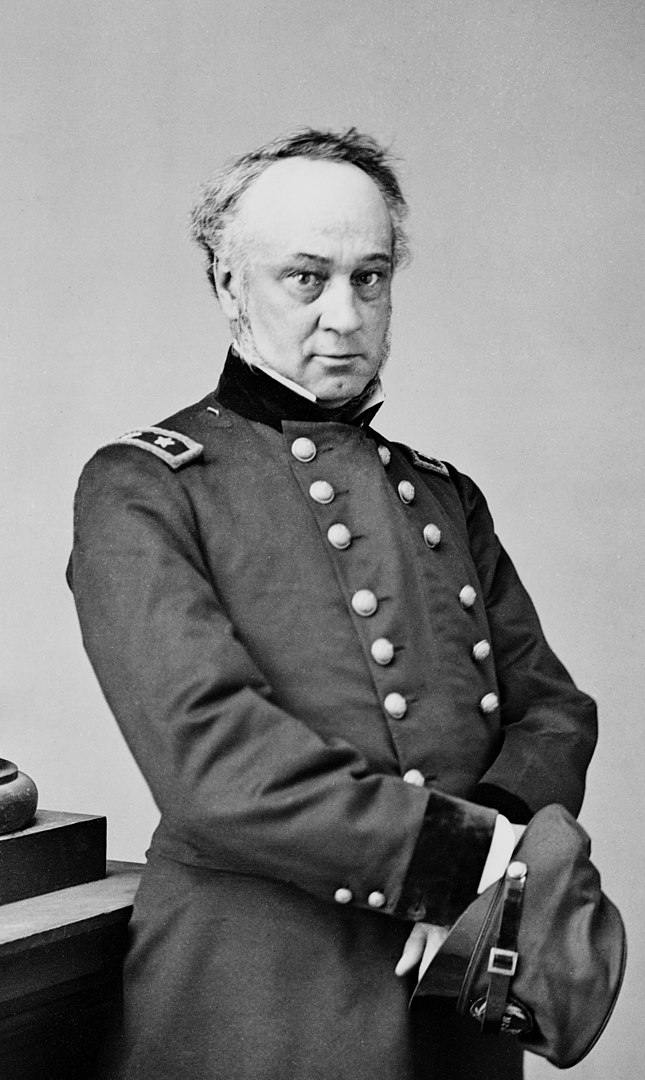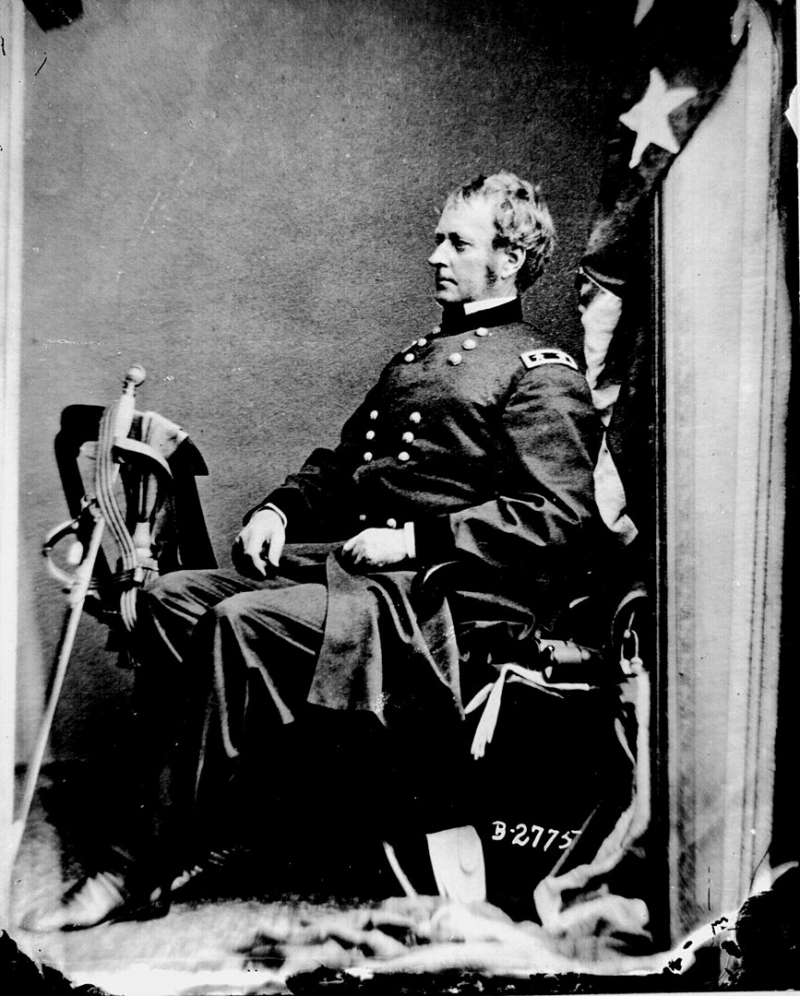Hooker's defeat at Chancellorsville was primarily due to his own self-confidence
Another fact is that Hooker's defeat at Chancellorsville was primarily due to his own self-confidence. Hooker, who began the campaign believing he had 80 chances in 100 to win, lost the battle due to miscommunication, the incompetence of several of his top generals (most notably Howard and Stoneman, but also Sedgwick), and, most importantly, the collapse of his own confidence. Hooker's mistakes included abandoning his offensive thrust on May 1 and ordering Sickles to surrender Hazel Grove and withdraw on May 2. He also miscalculated in his troop deployment; despite Abraham Lincoln's advice to put in all his men this time, the Army of the Potomac's 40,000 men barely fired a shot. When afterward questioned about why he had ordered a halt to his advance on May 1, Hooker is said to have said, "For the first time, I lost faith in Hooker." In Lee's Greatest Victory, Robert K. Krick wrote that Chancellorsville was a mash-up of insanely dangerous gambits that resulted in a spectacular victory. Hooker's campaign devolved into a tale of squandered opportunities and misused forces after the spectacular initial maneuvers.
President Lincoln elected to keep Hooker in command of the army, but tensions between Lincoln, general-in-chief Henry W. Halleck, and Hooker grew unbearable early in the Gettysburg campaign, and Lincoln relieved Hooker of command on June 28, just before the Battle of Gettysburg. One of the consequences of Chancellorsville at Gettysburg was Daniel Sickles' decision to violate his general's orders and change his lines on the second day of battle to ensure that a little piece of high ground, the Peach Orchard, was not accessible to the enemy's artillery.












